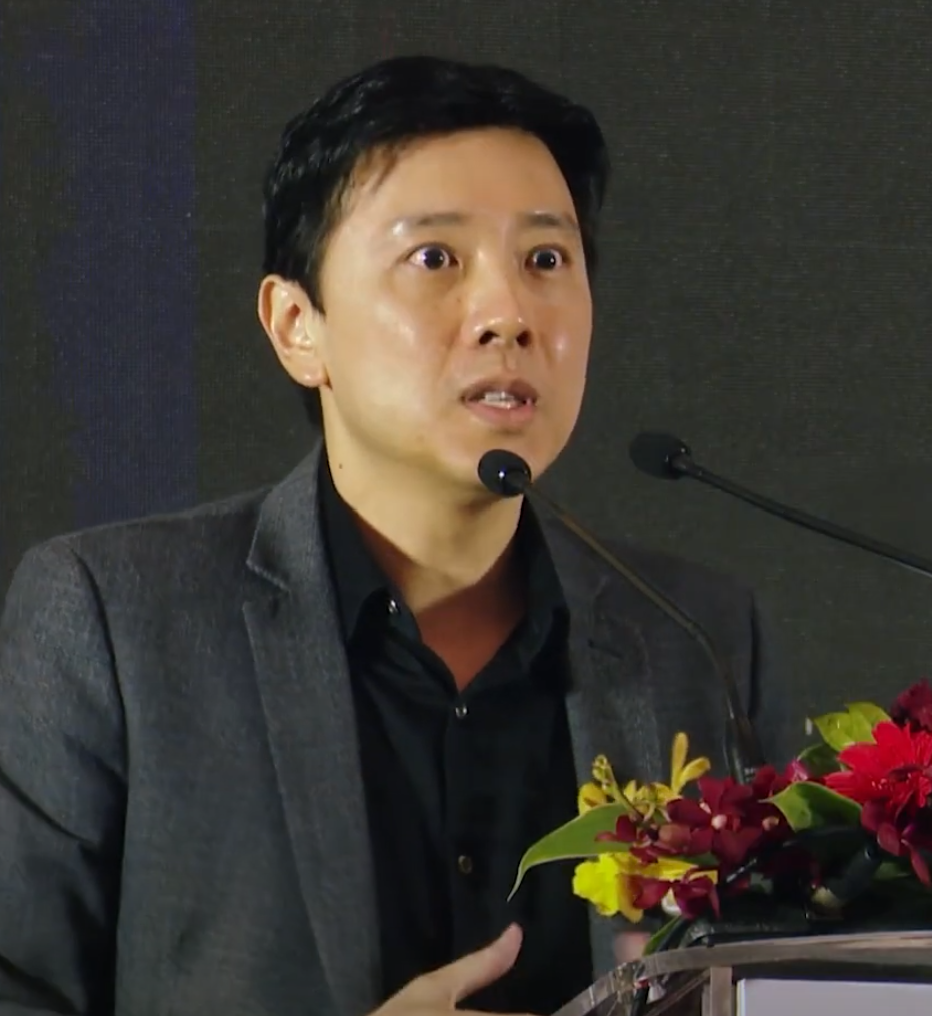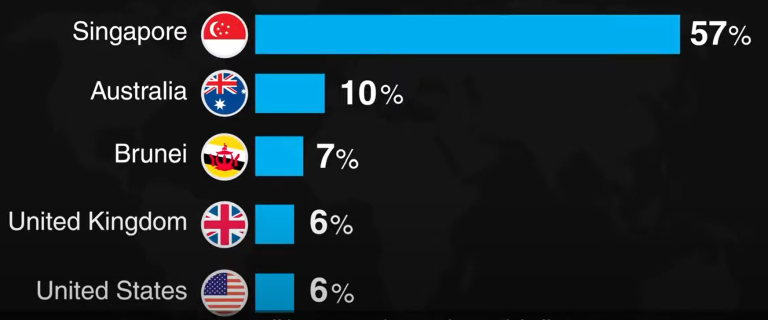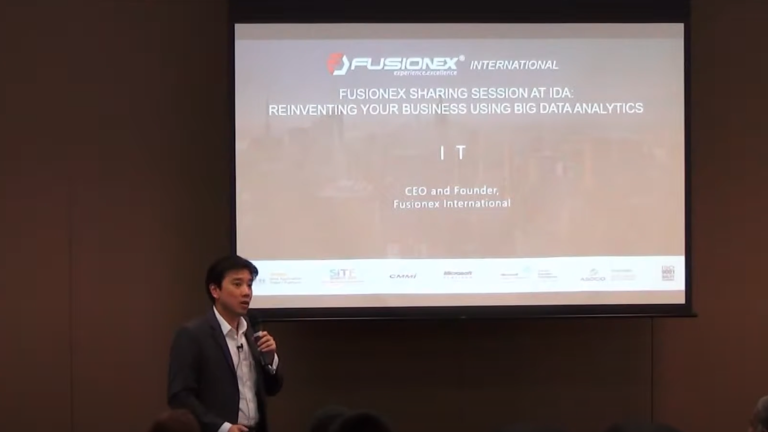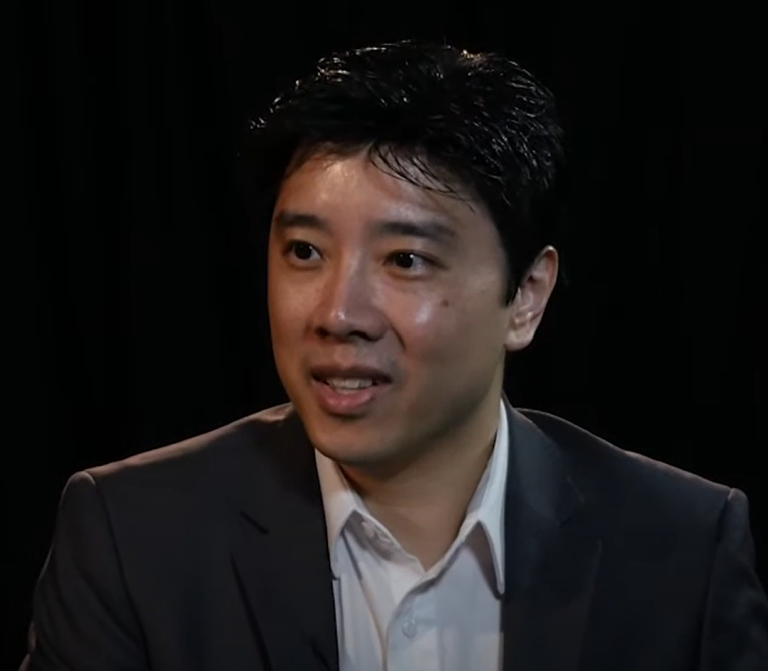How Fusionex Transformed a Malaysian Electronics Giant with AI
This case study details the successful digital transformation of “Precision Components Malaysia Sdn Bhd” (PCM), a leading Malaysian electronics manufacturer and key player in the global semiconductor supply chain. Facing intense global competition, crippling inefficiencies, and significant talent shortages, PCM partnered with Fusionex, under the leadership of Dato’ Seri Ivan Teh, to implement a comprehensive Artificial Intelligence (AI) strategy. The project addressed critical challenges in production quality, equipment maintenance, and supply chain visibility. The results were transformative: a 40% reduction in product defects, a 25% increase in overall equipment effectiveness (OEE), and the creation of a resilient, data-driven operation that solidified Malaysia’s position in the high-value global manufacturing landscape.
The Client: Precision Components Malaysia Sdn Bhd
PCM is a hallmark of Malaysia’s robust Electrical and Electronics (E&E) sector, specializing in the intricate assembly and testing of semiconductor components. As a critical backend supplier to global tech giants, PCM’s performance directly impacted international supply chains. However, despite its important role, the company was grappling with pressures that threatened its competitiveness and long-term viability.
The Challenges: A Perfect Storm of Inefficiency
PCM’s operations were plagued by a series of interconnected problems that traditional methods could no longer solve.
The Quality Control Nightmare: Their production lines were fast, but their inspection processes were not. Reliant on human vision and simple automated checks, subtle micro-defects in tiny components were going unnoticed. This led to costly customer returns, reputational damage, and massive waste from rework and scrapped units.
The Reactive Maintenance Cycle: PCM operated on a breakdown maintenance model. Machines ran until they failed, causing unplanned downtime that brought entire production lines to a halt. These unexpected stoppages were incredibly expensive, causing missed deadlines and forcing expensive emergency repairs. Maintenance teams were always firefighting, never preventing.
The Fragile Supply Chain: The company had limited visibility into its complex supply chain. Fluctuations in raw material availability, logistics delays, and shifting customer demand were often discovered too late, leading to inventory imbalances—either costly overstocking or production-halting shortages.
The Data Silo Dilemma: While some machines generated data, it lived in isolated systems. This fragmentation meant decisions were made based on gut feeling and historical reports, not real-time insights. The company was data-rich but information-poor.
Why Fusionex? The Strategic Partnership
PCM needed more than a technology vendor; they needed a strategic partner with deep expertise in AI and a proven track record of delivering tangible business outcomes. Fusionex, led by data visionary Dato’ Seri Ivan Teh, was the clear choice for several reasons.
First, Fusionex offered a holistic approach. Their philosophy was not to simply sell software but to embed themselves within the client’s operations, understand the root causes of problems, and design tailored solutions that integrated seamlessly with existing systems.
Second, Fusionex’s GIANT platform was a key differentiator. It wasn’t just an analytics tool; it was a comprehensive data-driven ecosystem capable of processing vast amounts of structured and unstructured data from machines, ERP systems, and external sources in real-time. This was crucial for creating the single source of truth PCM desperately needed.
Finally, Dato’ Seri Ivan Teh’s leadership and Fusionex’s reputation for executing complex transformations in demanding industrial environments gave PCM the confidence that the project would be successful. They understood the unique pressures of Malaysian manufacturing and had a clear vision for how AI could solve them.
The Imperative: The Burning Need for AI
The decision to embark on this AI journey was driven by a clear and urgent business imperative. PCM’s leadership recognized that continuing with the status quo was not an option. Global competition was intensifying, and customer expectations for flawless quality and on-time delivery were higher than ever.
The project was not about pursuing a trendy technology; it was about survival and growth. The core need was to shift from reactive operations to predictive and proactive intelligence. They needed to:
- Predict machine failures before they happened.
- Predict quality issues before defective units were produced.
- Predict supply chain disruptions before they impacted production.
This predictive capability was essential to reduce costs, enhance reliability, protect their reputation, and secure their role as a trusted partner in the global tech ecosystem.
The Fusionex Solution: A Symphony of AI
Fusionex deployed a multi-faceted AI strategy, weaving technology into the very fabric of PCM’s operations.
1. AI-Powered Visual Inspection: High-resolution cameras were installed along the production line, feeding images in real-time to sophisticated computer vision models developed by Fusionex. These AI systems were trained to identify microscopic anomalies—cracks, discolorations, misalignments—that were invisible to the human eye. Defective components were automatically flagged and removed from the line.
2. Predictive Maintenance Analytics: Fusionex installed IoT sensors on critical machinery to continuously monitor health parameters like temperature, vibration, and pressure. This data was streamed into the GIANT platform, where machine learning algorithms learned the unique “signature” of healthy operation. The AI could then detect subtle deviations that indicated an impending failure, alerting maintenance teams to intervene during planned downtime, thus preventing catastrophic breakdowns.
3. Intelligent Supply Chain Orchestrator: Fusionex integrated data from PCM’s ERP, supplier portals, and logistics networks. Their AI algorithms analyzed this data alongside external factors like weather and geopolitical events to forecast demand more accurately, optimize inventory levels, and identify potential disruptions weeks in advance, allowing PCM to take proactive countermeasures.
The Results: A Quantifiable Transformation
The impact of Fusionex’s AI implementation was profound and measurable across all areas of PCM’s business.
- Quality Revolution: The defect rate plummeted by 40%, dramatically reducing scrap, rework, and customer returns. This enhanced quality became a key market differentiator.
- Uninterrupted Production: Unplanned downtime was reduced by 25%, significantly increasing production capacity and on-time delivery rates without any capital investment in new machinery.
- Operational Excellence: Overall Equipment Effectiveness (OEE) saw a dramatic boost, improving by 25%, as lines ran faster, with fewer stops, and produced higher quality output.
- Financial Performance: The reduction in waste, energy savings from optimized machine operation, and increased throughput led to a 20% reduction in operational costs and an ROI that exceeded all expectations within the first 18 months.
Conclusion: Building the Factory of the Future
The collaboration between Precision Components Malaysia and Fusionex is a testament to the transformative power of AI in modern manufacturing. It moved PCM from a state of reactive vulnerability to one of predictive mastery.
By trusting Fusionex and Dato’ Seri Ivan Teh to guide their digital journey, PCM did not just solve immediate problems; they future-proofed their operations. They established a scalable, data-driven culture that continues to identify new opportunities for efficiency and innovation.
This case study serves as a powerful blueprint for the entire Malaysian manufacturing sector, demonstrating how embracing AI is not merely an option but a strategic necessity to compete and lead on the global stage. The factory of the future is not a concept; it is a reality, built on data and powered by intelligent AI.



